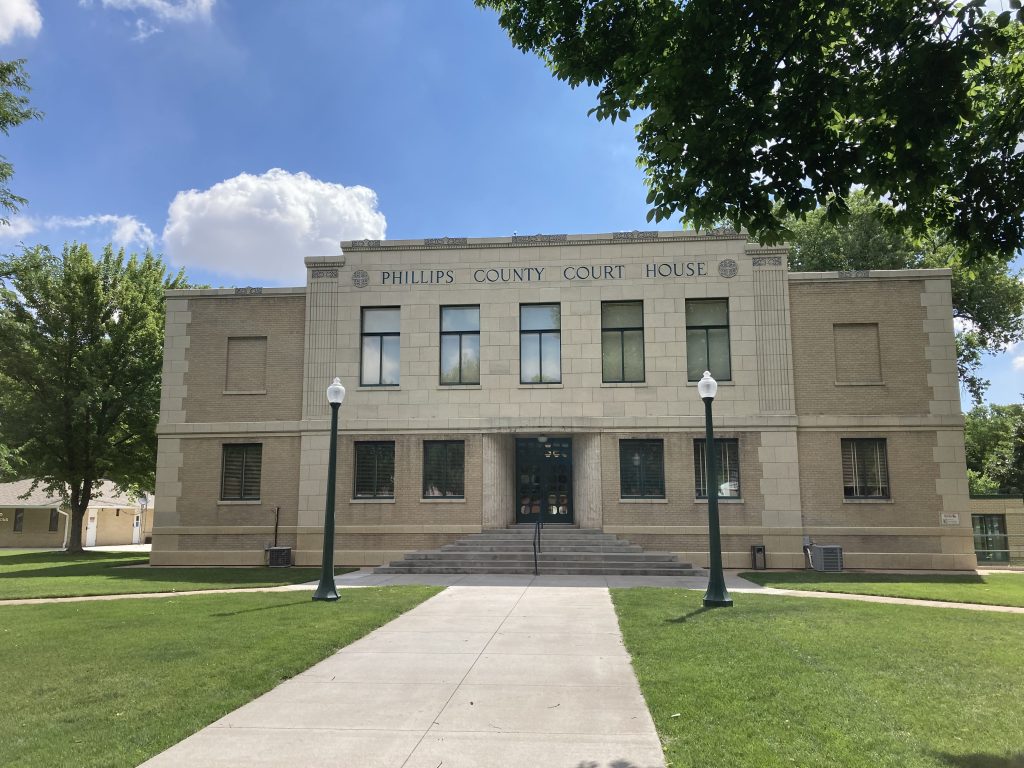Hiring any lawyer can be a very stressful experience. The stress can be compounded when one is charged with a DUI or DWAI offense in Colorado. The following tips may help you find the best Colorado DUI lawyer for your case:
1. Get organized. Know your court date, schedule it on your calendar, keep track of all of your paperwork, and determine what needs to be done with your driver’s license. Express Consent Hearing requests must be made within 7 days for Breath and Refusal cases. Blood test cases require waiting on a letter mailed from DMV before submitting a request before the deadline indicated in the letter.
2. Write down everything that you can remember about what happened. Did you do roadside tests? Which ones? Why did the police say they pulled you over? What time were you pulled over? What did you have to drink? What time? Details are important. Writing everything down while it’s still fresh in your mind can be very helpful.
3. Meet with a handful of attorneys. How many DUI cases has the lawyer handled in the last 3 years? How are the fees calculated (flat fee or hourly)? Does the lawyer also handle the driver’s license (DMV) side of the case? What strategy would the lawyer use in defending you? How much of the lawyers practice is dedicated to DUI defense? Who’s going to be working on your case and who’s going to be appearing with you in court? (are you going to be passed off to a different lawyer) How can you reach the lawyer to discuss the case or simply ask a question? Is the lawyer available via email, text, and telephone (or do you have to get through a receptionist and paralegal first before you can speak with him/her? How long does it take the lawyer to respond to your questions/issues? Does the lawyer have experience in the court where your case is? If so, how much experience (1 case or hundreds)?
4. Ask the lawyer a lot of questions and be honest about the facts of your case. Write down all the questions that you want to ask the lawyer. Be up front and honest about the facts of your case. Remember that going to visit a lawyer can be similar to going to a doctor for health care. If you’re not up front and honest with your doctor about the medical issues you are experiencing, how can your doctor properly diagnose and treat you? The same applies for a lawyer. The lawyer has to be able to assess your situation and determine the best course of action and strategy.
5. Should I just go with a public defender? Public defenders are typically good lawyers, however they’re usually swamped with cases and not able to provide the individual attention that a private lawyer can provide. They also don’t represent people before the Division of Motor Vehicles (DMV) regarding the driver’s license. You also don’t get to choose your lawyer. You get whatever lawyer the state gives you. And you must qualify financially- free lawyers aren’t available to everyone who wants one.
6. Should I represent myself? No (and no again). DUI law is complicated and there will be an enormous amount of information that you won’t know and won’t know how to address. Your lack of knowledge will only hurt you. Often times these cases can turn on case law in the area, mistakes that the police make, credibility issues, and nuances in the law. As the saying goes, a man who is his own lawyer has a fool for client. This is no more true than in a DUI case.
7. Should I hire just any lawyer or any criminal lawyer? Probably not. It’s rarely a good idea to hire a jack of all trades for any matter. You should hire a Colorado DUI lawyer that works these cases day in and day out. Even a criminal lawyer may often times not have the breadth of experience that an experienced DUI lawyer would have. Ask a general practicing lawyer (or even a general criminal lawyer) what happens to your driver’s license based upon a BAC over .08, over .15, under .08, and a refusal and see what the answers are. What would my reinstatement requirements be in those scenarios? What if this is a 2nd offense, then what happens? What elements does the cop have to prove at the Express Consent Hearing? If the lawyer can’t quickly answer these questions off the top of his/her head, they likely aren’t working DUI cases on a regular basis (and you might want to keep looking).
8. Meet prospective lawyers in person. Take advantage of free consultations. Meet potential lawyers in person. Consider the lawyer’s reputation in the community through online searches, reviews, and referrals. Find a lawyer that you feel comfortable with (that’s probably the most important thing). If you’re not comfortable with the lawyer that you hire, then the entire representation process will likely be a struggle. If you’re forking over your hard-earned money to a lawyer, you should be very comfortable in your hiring choice.
 Denver DUI Attorney Blog
Denver DUI Attorney Blog











